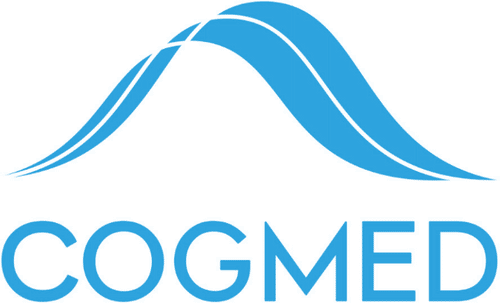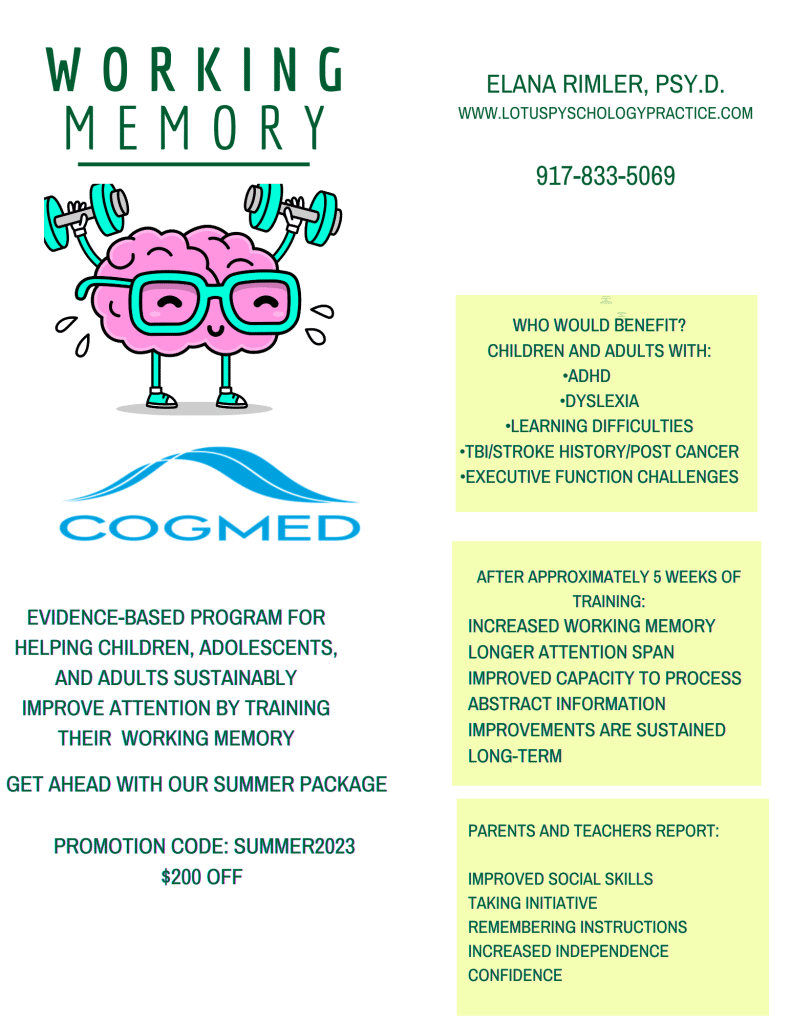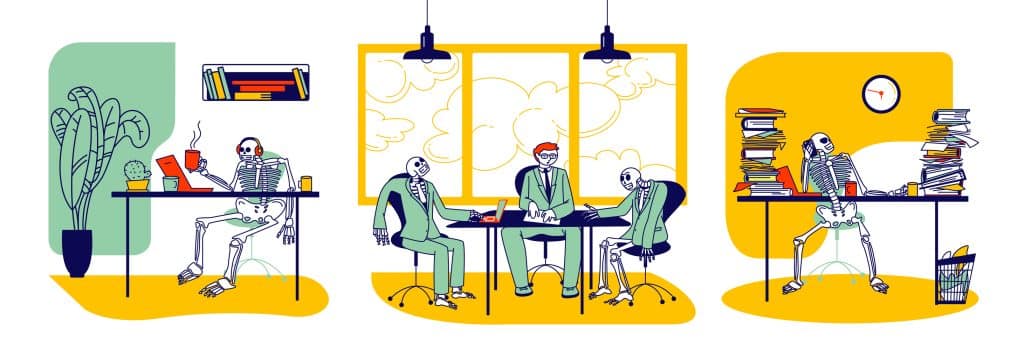
Divorce can be an emotionally challenging and stressful process, leaving individuals feeling overwhelmed, lost, and uncertain about the future. During such a difficult time, seeking professional help at Lotus Psychology Practice can prove invaluable. Beyond providing emotional support, therapy offers numerous benefits, including the opportunity to make sound decisions aligned with personal values, rather than acting impulsively out of anger or revenge. Moreover, therapy can help individuals avoid excessive legal fees, saving them valuable financial resources. In this blog post, we will explore how therapy during a divorce can positively impact both emotional well-being and financial stability.
Emotional Support and Guidance: Divorce can trigger a wide range of intense emotions, including sadness, anger, guilt, and fear. These emotions can cloud judgment and hinder rational decision-making. Engaging in therapy provides a safe and non-judgmental space to express and process these emotions. A skilled therapist can offer guidance, perspective, and coping strategies, helping individuals navigate the emotional rollercoaster of divorce more effectively. By working through these emotions, individuals can make decisions from a place of clarity and understanding, rather than being driven solely by reactive emotions.
Clarifying Personal Values and Goals: Divorce often forces individuals to reevaluate their values, priorities, and life goals. Therapy can help in this process of self-discovery and assist individuals in understanding what they truly want from their post-divorce life. By exploring personal values and goals with a therapist, individuals can make decisions that align with their authentic selves, rather than making choices based on external pressures or emotional turbulence. This clarity allows for more confident decision-making, leading to a greater sense of personal fulfillment in the long run.
Conflict Resolution and Communication Skills: One of the biggest challenges in any divorce is managing conflicts and communicating effectively with the ex-spouse. Therapy can equip individuals with essential conflict resolution skills and provide guidance on effective communication strategies. Through therapy, individuals can learn to express their needs and concerns in a healthy and assertive manner, reducing the likelihood of escalated conflicts. Improved communication not only helps during the divorce process but also lays the groundwork for healthier co-parenting relationships, if applicable, post-divorce.
Mitigating Legal Costs: Divorce proceedings often come with hefty attorney fees, especially when couples engage in prolonged legal battles. By investing in therapy, individuals can potentially reduce their dependence on attorneys for emotional support and guidance. Therapy provides a cost-effective alternative for addressing emotional and psychological needs, enabling individuals to focus their financial resources on essential legal matters. As therapy equips individuals with improved decision-making skills and emotional resilience, it may ultimately lead to more efficient divorce proceedings and lower legal costs.
Creating a Positive Post-Divorce Future: Divorce marks the end of one chapter but also opens the door to new beginnings. Therapy can assist individuals in healing emotional wounds and fostering a positive outlook for the future. Therapists can help individuals develop coping strategies, build resilience, and cultivate self-care practices to promote well-being during and after the divorce process. By focusing on personal growth and self-improvement, therapy can empower individuals to embrace their newfound freedom and create a fulfilling life beyond divorce.
 Divorce is undoubtedly a challenging life event that can evoke a range of intense emotions and financial stress. Engaging in treatment at Lotus Psychology Practice during this time can be immensely beneficial, providing emotional support, facilitating sound decision-making, and mitigating legal costs. Therapy equips individuals with the necessary tools to navigate the divorce process with resilience and clarity, ensuring a smoother transition into a positive post-divorce future. By prioritizing their emotional well-being and seeking professional help, individuals can emerge from divorce stronger, more self-aware, and financially secure.
Divorce is undoubtedly a challenging life event that can evoke a range of intense emotions and financial stress. Engaging in treatment at Lotus Psychology Practice during this time can be immensely beneficial, providing emotional support, facilitating sound decision-making, and mitigating legal costs. Therapy equips individuals with the necessary tools to navigate the divorce process with resilience and clarity, ensuring a smoother transition into a positive post-divorce future. By prioritizing their emotional well-being and seeking professional help, individuals can emerge from divorce stronger, more self-aware, and financially secure.
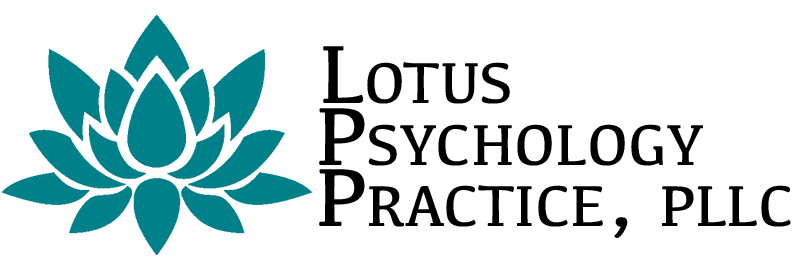


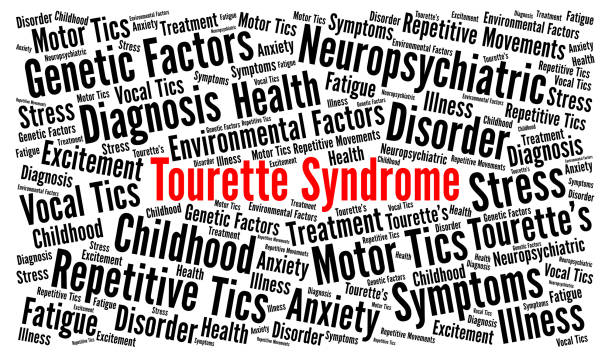


 By supporting parents’ return to the workforce after having a child, we can promote financial stability, improve mental well-being, and reduce reliance on social welfare systems. These benefits not only positively impact individuals and families but also contribute to the overall economic development and well-being of societies.
By supporting parents’ return to the workforce after having a child, we can promote financial stability, improve mental well-being, and reduce reliance on social welfare systems. These benefits not only positively impact individuals and families but also contribute to the overall economic development and well-being of societies.


